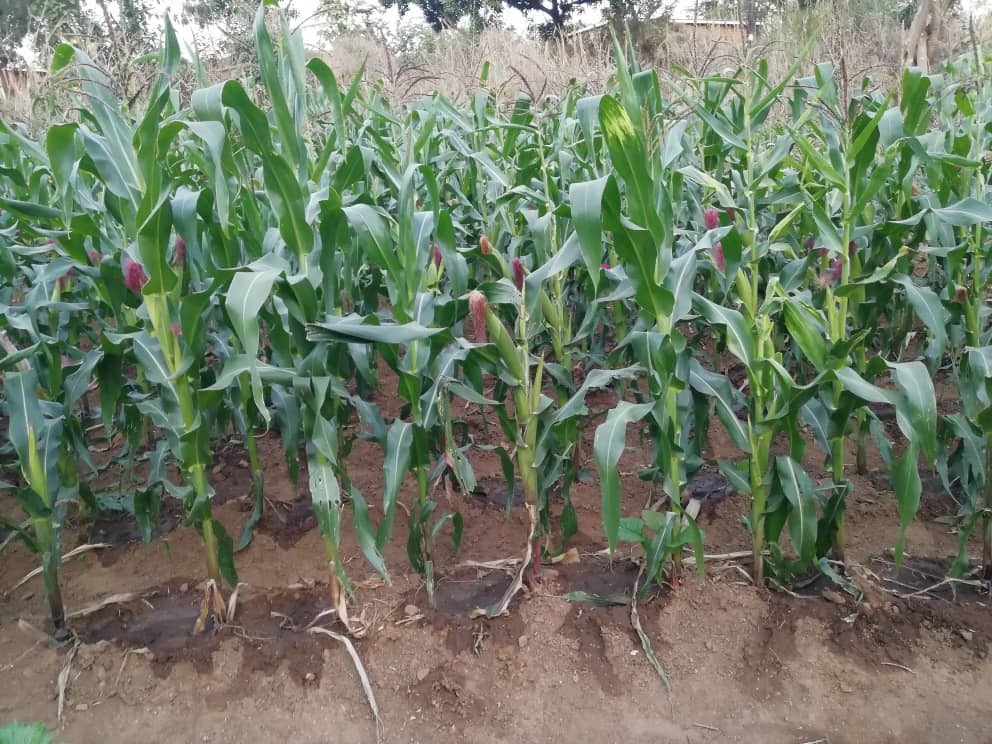
The Ministry of Agriculture has been actively encouraging Malawians to adopt winter cropping, and the Malawi National Association of the Deaf (MANAD) views this as a crucial component of its mission in Malawi.
MANAD Executive Director, Byson Chimenya, emphasized the significant impact winter cropping is having on deaf families during a recent women’s meeting. “Adopting a winter-cropping approach has increased the family’s food security and financial stability. Every year, the erratic rainfall affects our crops,” Byson shared with the women at the gathering.
In Malawi, erratic rains have often led to food shortages, making it challenging for families to maintain a stable food supply. However, by embracing winter cropping, MANAD members can now expect to have two harvests each year. This not only helps feed their families but also provides a sustainable source of income through the sale of excess crops. Despite the benefits, rising global temperatures are causing unpredictable shifts in Malawian weather patterns, making rainfall increasingly unreliable. Floods and dry spells have become more common, presenting new challenges for farmers.
In Chiradzulu District, MANAD women have successfully grown a variety of crops, including maize, rape, cabbage, and lettuce. These crops are sold to nearby markets, including the local Catholic University, providing both food security and economic opportunities for deaf families.
By adopting winter cropping, MANAD is empowering its members to overcome the challenges posed by climate change and erratic weather patterns, ensuring that deaf families can achieve greater food security and financial independence.
